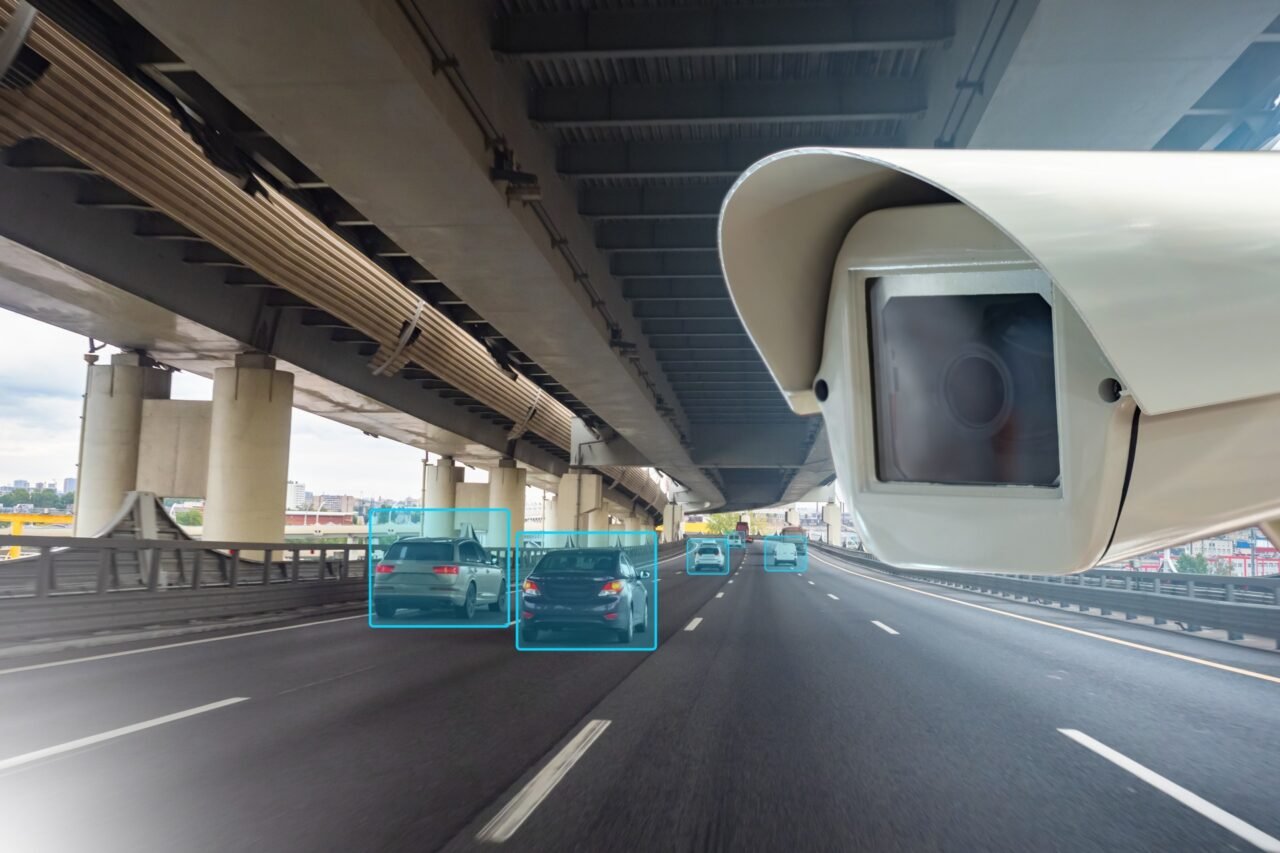Top Stories
Urgent Surveillance Alert: Millions Who Protested This Weekend at Risk

UPDATE: Authorities are raising alarms over potential surveillance risks for the estimated 7 million people who participated in the “No Kings” protests over the weekend. Major cities, including New York City and Los Angeles, reported minimal arrests, yet the political landscape is shifting dramatically, posing new threats to demonstrators’ privacy.
While the NYPD confirmed “zero protest-related arrests” in New York, rhetoric from Republican officials is intensifying. Speaker of the House Mike Johnson labeled the protests as “hate America” rallies, and Secretary of Transportation Sean Duffy linked them to “antifa,” alleging they are funded by undisclosed sources. This escalating narrative coincides with a recent Trump executive order aimed at identifying and disrupting financial networks associated with “domestic terrorism and political violence.”
Ryan Shapiro, executive director of the pro-transparency nonprofit Property of the People, voiced his concerns, stating, “The Trump regime would have us believe that somehow peaceful, pro-democracy protesters are terrorists.” With this context, participants must be acutely aware of the surveillance implications following their demonstration.
Authorities have various means to track protestors. If attendees drove to the rallies, surveillance cameras linked to automated license plate reader systems (ALPRs) could easily identify vehicles in proximity to the events. Fixed cameras along routes or police cruisers equipped with ALPRs can log license plate data from cars parked near protests.
For those who used public transit, the risks vary. Paying with cash may offer some anonymity, but using an app or credit card tied to personal identification can expose protestors to tracking. Moreover, smartphones leave a digital trail—unless devices were in airplane mode, location data can be sent once connected to the internet. Apps may store GPS information, potentially revealing participants’ movements to law enforcement later.
The surveillance extends beyond location data. Attendees should be cautious about sharing photos from the protests. The Electronic Frontier Foundation (EFF) warns that images posted online may be accessed by agencies like the Department of Homeland Security (DHS) and Immigration and Customs Enforcement (ICE). To protect identities, the EFF recommends using tools like Image Scrubber to blur faces and remove identifying metadata that could include your location and name.
However, if protestors were not wearing masks, they risk being captured on camera by strangers or, worse, by law enforcement using drone-mounted cameras. The EFF also emphasizes that law enforcement uses social media to monitor events and gather intelligence on demonstrators, further complicating the privacy landscape for those involved.
Moreover, facial recognition technology is a growing concern. Agencies may utilize services like Clearview AI to scan extensive photo databases for potential identification of protestors, although such practices are banned in various states, including Vermont and Illinois. Furthermore, reports indicate that Palantir, a data analytics firm, is collaborating with the Trump Administration to create a comprehensive database of American citizens, which could amalgamate protest-related photos and location data.
As the situation develops, it is crucial for participants in the No Kings protests to remain vigilant. The current political climate suggests an aggressive stance against dissent, raising significant concerns about privacy and civil liberties. Individuals should consider strategies to protect their identities and digital footprints, especially in light of the ongoing crackdown on free expression.
Moving forward, observers are encouraged to watch how governmental surveillance practices evolve and whether further actions will be taken against those who participated in the protests. The intersection of protest rights and state surveillance remains a pressing issue, one that every participant should take seriously as they navigate their democratic expression in a rapidly changing environment.
-

 Science2 months ago
Science2 months agoOhio State Study Uncovers Brain Connectivity and Function Links
-

 Politics2 months ago
Politics2 months agoHamas Chief Stresses Disarmament Tied to Occupation’s End
-

 Science1 month ago
Science1 month agoUniversity of Hawaiʻi Joins $25.6M AI Project for Disaster Monitoring
-

 Science1 month ago
Science1 month agoALMA Discovers Companion Orbiting Giant Star π 1 Gruis
-

 Entertainment2 months ago
Entertainment2 months agoMegan Thee Stallion Exposes Alleged Online Attack by Bots
-

 Science2 months ago
Science2 months agoResearchers Challenge 200-Year-Old Physics Principle with Atomic Engines
-

 Entertainment2 months ago
Entertainment2 months agoPaloma Elsesser Shines at LA Event with Iconic Slicked-Back Bun
-

 World2 months ago
World2 months agoFDA Unveils Plan to Cut Drug Prices and Boost Biosimilars
-

 Science2 months ago
Science2 months agoInnovator Captures Light at 2 Billion Frames Per Second
-

 Business2 months ago
Business2 months agoMotley Fool Wealth Management Reduces Medtronic Holdings by 14.7%
-

 Top Stories2 months ago
Top Stories2 months agoFederal Agents Detain Driver in Addison; Protests Erupt Immediately
-

 Entertainment2 months ago
Entertainment2 months agoBeloved Artist and Community Leader Gloria Rosencrants Passes Away









